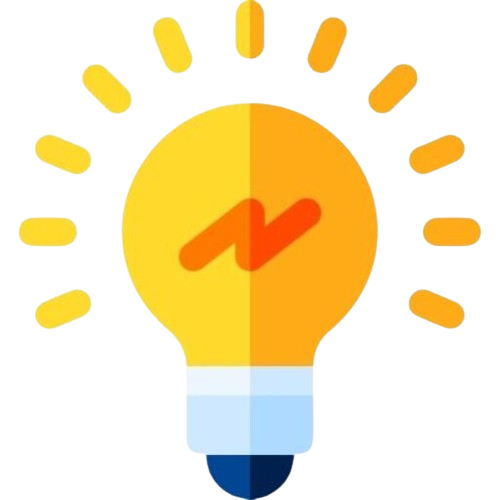Here’s your weekly dose of timeless ideas to sharpen your mind, make smarter decisions, and live better.
Quotes
I.
Never argue with stupid people, they will drag you down to their level and then beat you with experience.
― Mark Twain
II.
All life is an experiment. The more experiments you make the better.
― Ralph Waldo Emerson
III.
You’re only here for a short visit. Don’t hurry, don’t worry. And be sure to smell the flowers along the way.
― Walter Hagen
Ideas
I.
It’s senseless to have making money as your goal as money has no intrinsic value—its value comes from what it can buy, and it can’t buy everything. It’s smarter to start with what you really want, which are your real goals, and then work back to what you need to attain them. Money will be one of the things you need, but it’s not the only one and certainly not the most important one once you get past having the amount you need to get what you really want.
Ray Dalio in Principles: Life and Work
II.
For all of the most important things, the timing always sucks. Waiting for a good time to quit your job? The stars will never align and the traffic lights of life will never all be green at the same time. The universe doesn’t conspire against you, but it doesn’t go out of its way to line up the pins either. Conditions are never perfect. “Someday” is a disease that will take your dreams to the grave with you. Pro and con lists are just as bad. If it’s important to you and you want to do it “eventually,” just do it and correct course along the way.
Timothy Ferriss in The 4-Hour Workweek
III.
A goal is a specific objective that you either achieve or don’t sometime in the future. A system is something you do on a regular basis that increases your odds of happiness in the long run. If you do something every day, its a system. If you’re waiting to achieve it someday in the future, it’s a goal. If you achieve your goal, you celebrate and feel terrific, but only until you realize you just lost the thing that gave you purpose and direction. Your options are to feel empty and useless, perhaps enjoying the spoils of your success until they bore you, or set new goals and reenter the cycle of permanent presuccess failure. All I’m suggesting is that thinking of goals and systems as very different concepts has power. Goal-oriented people exist in a state of continuous presuccess failure at best, and permanent failure at worst if things never work out. Systems people succeed every time they apply their systems, in the sense that they did what they intended to do. The goals people are fighting the feeling of discouragement at each turn. The systems people are feeling good everytime they apply their system. That’s a big difference in terms of maintaining your personal energy in the right direction.
Scott Adams in How to Fail at Almost Everything and Still Win Big
Articles Worth Reading
I.
Robert Epstein | Aeon
Your brain does not process information, retrieve knowledge, or store memories. In short: Your brain is not a computer. No matter how hard they try, brain scientists and cognitive psychologists will never find a copy of Beethoven’s 5th Symphony in the brain – or copies of words, pictures, grammatical rules or any other kinds of environmental stimuli. The human brain isn’t really empty, of course. But it does not contain most of the things people think it does – not even simple things such as ‘memories’. We are organisms, not computers. Get over it. Let’s get on with the business of trying to understand ourselves, but without being encumbered by unnecessary intellectual baggage. The information processing metaphor has had a half-century run, producing few, if any, insights along the way. The time has come to hit the delete key.
II.
Undoing as Remaking: How Abraham Lincoln Drew Poetry and Power from His Suicidal Depression
BrainPickings | Maria Popova
Unbeknownst to anyone, in the summer of his thirtieth year, Lincoln penned an intensely sorrowful poem titled “The Suicide’s Soliloquy,” printed anonymously in a small Whig paper in Illinois alongside advertisements for whale oil and French cologne. It would take scholars 139 years to identify his authorship. With its haunting story-framing epigraph and its dramatic narration by a fictional character, it was Lincoln’s way of safely rehearsing in the darkest recesses of his imagination what it might be like to enact the central pull of suicide — the tempting illusion that total self-erasure is the only way to terminate the mental anguish nothing else has allayed.
III.
A Quick Guide to Spotting Graphics That Lie
Chiqui Esteban | National Geographic
We tend to believe what numbers say, but just because they’re on a chart, that doesn’t make them true. Numbers themselves don’t lie, but how we represent them can be really misleading. While charts and graphics can help us visualize large amounts of data, they can also be dangerous in the wrong hands.
